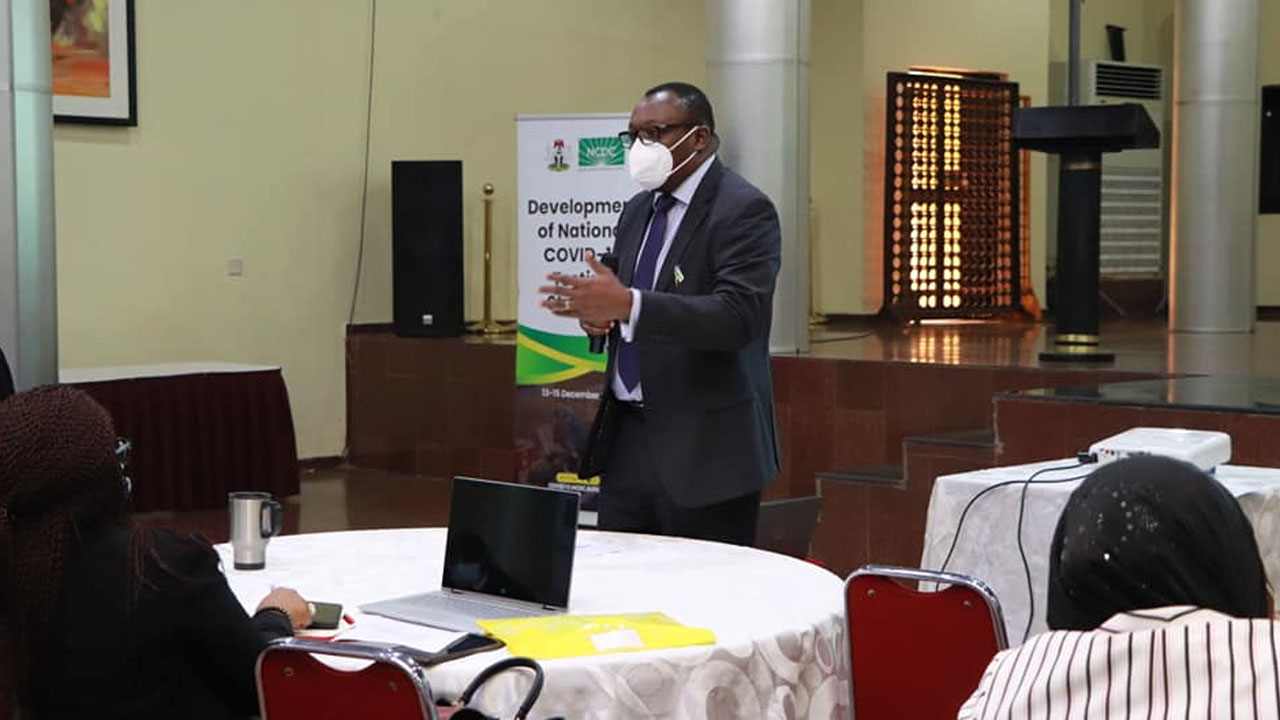
The Nigeria Centre for Disease Control (NCDC) has identified a paucity of funds as one of the major obstacles to implementing the National Action Plan for Health Security (NAPHS).
NCDC Director-General, Dr Ifedayo Adetifa, said this while presenting a paper at a two-day retreat on COVID-19 and health security in Nigeria.
The paper was titled, “National Action Plan for Health Security: Challenges of Implementation and Potential Areas where Advocacy is needed.”
The retreat was organised by the Africa Health Budget Network in collaboration with National Advocates for Health and the Nigerian Cancer Society.
Adetifa, who was represented by Dr Bola Lawal, an Epidemiologist in the NCDC, noted that NAPHS if implemented according to best practices, would promote One Health Animal-Human-Environment Interphase.
“The NAPHS is poorly funded and as a result, poorly implemented.
“The impact of COVID-19 is huge. The estimated cost to the global economy is 28 trillion dollars by 2025. Having NAPHS is great, effective implementation is a must,” Adetifa said.
He, therefore, called for the creation of a special budget for NAPHS.
Adetifa said the NCDC needed support in the areas of investment in national and sub-national health security by Ministries, Departments and Agencies (MDAs).
He also called for sustained private sector investment, community engagement and regional cooperation and trans-border collaboration.
Earlier, the organisers said the two-day retreat was to brainstorm on strategies to strengthen accountability and response at national and sub-national levels for COVID-19 and health security.
They noted that lack of advocacy was one of the key missing gaps in the fight against the COVID-19 pandemic.
They added that participants would review key recommendations from papers presented to address some of the gaps at national and sub-national levels.
According to them, this is necessary to galvanise actions in the areas of accountability strengthening, equitable recovery and building back better sustainable financing to address COVID-19 and health security.
“This is also necessary to ramp up vaccination, testing and treatment and local vaccine production,” the organisers said.



